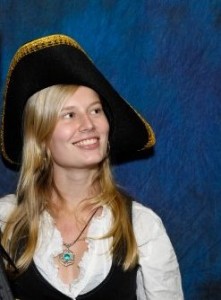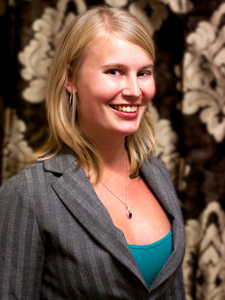Since launching this blog I’ve now published over one hundred fiction posts. They have, for the most part, been the story of Scarlet, the Life Without Tumblr series. I have loved posting it, not least because I’ve stuck to my guns with regards to not having to blog the same way as everyone else. I’ve also loved it because I’ve received some genuinely lovely, supportive feedback, which has made all the difference to my continued posting.
But the real boon of posting fiction three times a week is the learning I’ve taken away from it. Without further ado, here are four things writing my blog has taught me.
1. Every post matters. I’ve put this first because I believe it counts for non-fiction just as much as fiction, but is less obvious. It’s far too easy when you’re posting three times a week to throw out a quick fix, easy post when the workload builds up. You can’t get away with that in fiction. For the new reader, that one post could send them away, never to return, and for the regular reader, any time they come face to face with a less than scintillating read, they will be more tempted to turn to their possibly more convenient paper back or e-reader.
2. The art of the cliffhanger. This wasn’t so true in my earlier posts, but for the last fifty or so, I was determined to end every post with a cliffhanger of one sort or another. So every 1500-2000 words had to not only be a complete scene, but also end in a way that drew the audience back two days later. I pants for the most part, which means figuring it out as I go along. The cliffhanger was a powerful tool for maintaining tension and keeping me focused while enjoying the ride.
3. Be organized and prepared. I tend to write my stories well in advance. As a pantser, I want to know what the end is before I publish so I can tweak where necessary, add foreshadowing etc. I always seem to get lucky with these sorts of things, foreshadowing something that happened in the fourth series with a throw-away line in the second. Or maybe the throwaway line gave me inspiration for the fourth… hmm, not sure. Either way, as someone with a full time job, a wife and child and trying to write and publish my books as well, having a couple of months of posts written in advance is essential.
4. Edit fast. Writing this blog has essentially meant that I have two projects running concurrently all the time. It also means that I have another set of deadlines overlaying the main ones. In order to get every post ready in time, I’ve developed some really good editing techniques. For example, reading the posts out loud has become standard procedure and had a huge impact. Similarly, my proof-reading has become much better. I have one lovely reader who messages me with any typos she finds, and out of the forty thousand some words of Scarlet’s web, she’s only found about four, which is a good ratio.
The key to this being successful is to give yourself some space from the story and when you return to it, read it through with an eye for the big picture. What is the scene supposed to be achieving? What progress do you want the characters to make, both internal and external? Once you’ve figured that out and ensured it’s occurring, you can then check it line by line for quality and rhythm. Editing fifteen hundred words at a time has helped speed me up because I’m taking each post individually, so rather than thinking about having forty or fifty thousand words to edit, I’m thinking about only two thousand and how to get them perfect.
That’s a few things I think can be gained from blogging serialized fiction. Do you do it? Have you thought about doing it? I’d love to know your thoughts and if you’ve been reading Scarlet’s stories, I’d love to know whether you think it works and what you think I should change.
I also wanted to give everyone a heads up about what’s coming next on the blog.
I’m starting an entirely new story on Monday. I love writing Scarlet, but I need to do something different and she deserves a break and some down-time with Lara 🙂
The story is called 13 Roses and can be described as a character study/zombie apocalypse/spiritual fantasy…thing.
The flower seller sets up his stall on Embankment every day. Every day, he will serve only one customer. That person will be on the edge. Maybe they have to make a decision they dread, maybe their world is falling down around them and they are faced with a choice. Or maybe they need to change and don’t realize it. Whatever it may be, the flower seller is there, nudging them in one direction or another and giving them more than a nudge when the need arises.
But who is the flower seller and why is he giving these people roses? And where do the zombies come in? All will be revealed…
That’s the blurb at the moment. Please check out part one on Monday and let me know what you think. See you then.
Cheers



